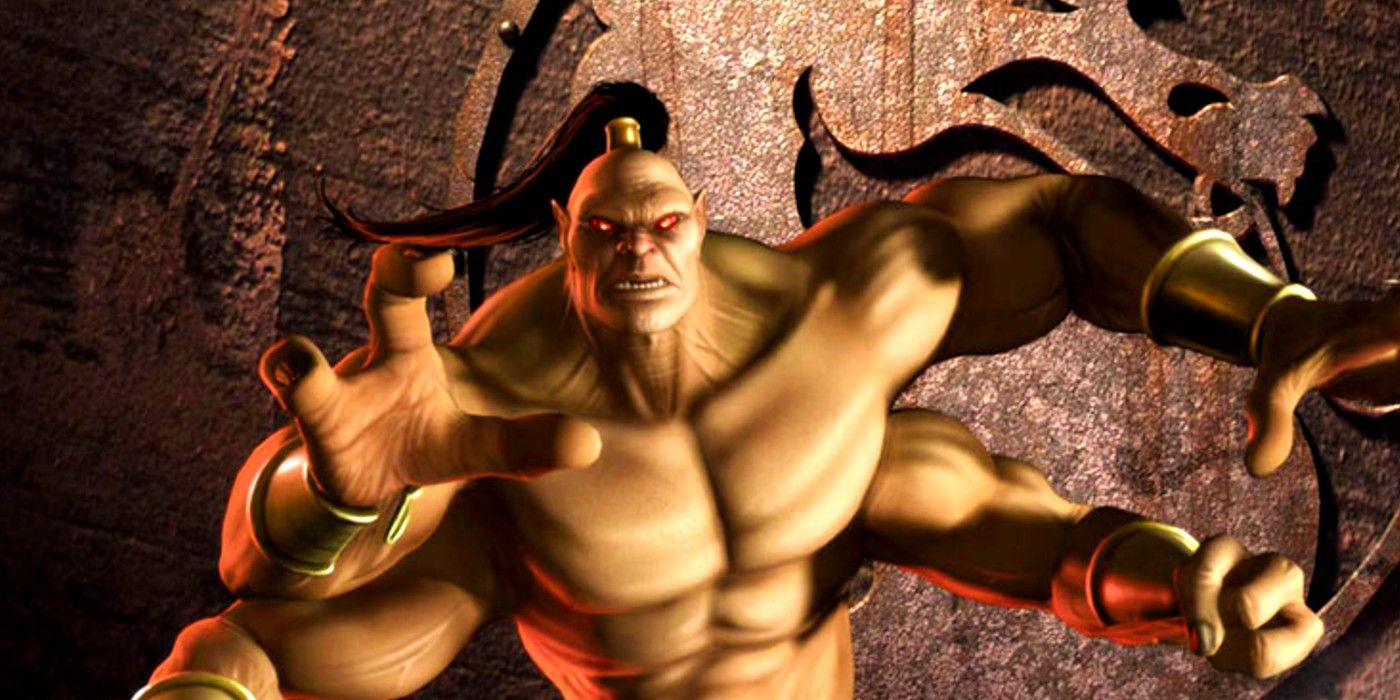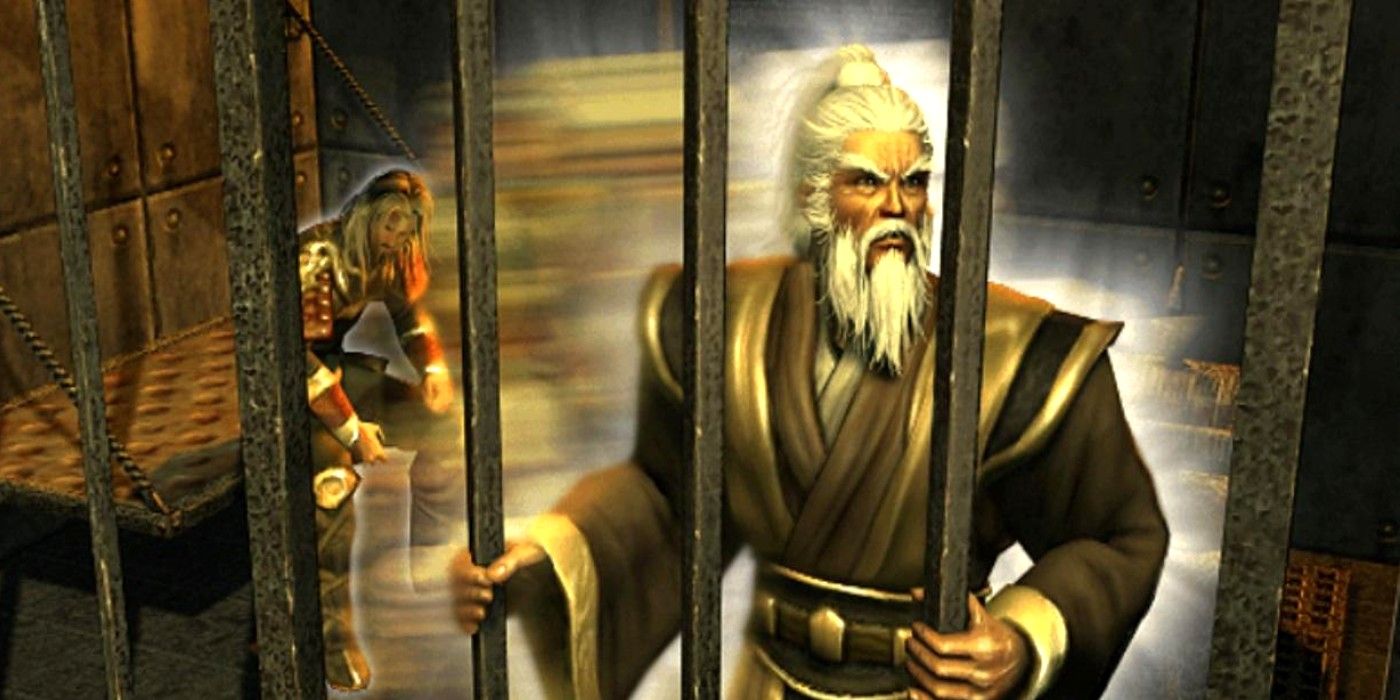There have been lots of different types of Mortal Kombat titles and game modes throughout the years, but one of the franchise's most ignored entries had the best side content of any MK title - Mortal Kombat: Deception's Konquest Mode. Mortal Kombat: Deadly Alliance, Mortal Kombat: Deception, and Mortal Kombat: Armageddon all had their own different versions of Konquest Mode, but only the one featured in Deception was massive enough to warrant its own remaster.
In Mortal Kombat: Deadly Alliance, Konquest Mode simply acted as a series of tutorial training levels designed to familiarize players with Mortal Kombat's new 3D fighting styles and mechanics. This was the first time the series allowed players to switch between three different fighting styles while circle-strafing on a 3D plane, and every character had lengthy chain combos which necessitated learning how to time fighting style switches properly. While informative to new players, Mortal Kombat: Deadly Alliance's Konquest Mode was ultimately a very simple, straightforward experience, with the only gameplay consisting of inputting the combo commands (and occasionally getting into fights) with every character on the game's roster.
Mortal Kombat: Deception's Konquest Mode, on the other hand, was a full-on RPG that started players in a linear town but ended up throwing them into classic Mortal Kombat locations like Outword, Edenia, and The Netherrealm. In Mortal Kombat: Deception's Konquest Mode players took on the role of Shujinko, a young Shaolin warrior who ends up becoming an unwitting catalyst for the return of Onaga, the Dragon King. There's betrayal, there's exploration, and, like any Mortal Kombat title, there's dozens upon dozens of secrets to uncover.
Why MK: Deception's Konquest Mode Deserves A Reboot
Although the Konquest Mode in the next Mortal Kombat entry, Mortal Kombat: Armageddon, allowed for a more cohesive combat system and gameplay not dissimilar from Mortal Kombat: Shaolin Monks, it lacked the exploration and secretive elements which made Mortal Kombat: Deception's Konquest Mode so appealing. Much like how Mortal Kombat's Krypt has changed and grown over the years, Konquest Mode deserves to be more than just side content in a fighting game.
The Mortal Kombat series is best-known for classic 2D fighting game mechanics, but there is another subsection of those players who remain interested in the franchise's lore even when it explores other gameplay mediums. One of the most interesting games Mortal Kombat ever produced is Mortal Kombat Mythologies: Sub-Zero, an RPG-action adventure hybrid which takes place before the original Mortal Kombat game and also explores multiple realms in the Mortal Kombat universe. While the gameplay of Mythologies left a lot to be desired (players had to press a button to turn their character around on a 2D plane, after all) Mythologies still proved that there are interesting stories to tell outside of the normal MK bubble.
Konquest Mode deserves to be a fully-fledged game, something akin to Dragon Ball Z: Kakarot or The Legend of Zelda: Breath of the Wild. Mortal Kombat has multiple realms and characters that would all make for fantastic RPG settings and villains, and both MK11's Krypt and Mortal Kombat: Deception proved that it is possible to include violent combat, hidden areas, secret fights, and puzzle-based gameplay while still making the entire experience cohesive with the rest of the franchise. While NetherRealm continues adding new content to Mortal Kombat 11, there are likely many, many fans who would love a chance to play a full-blown Mortal Kombat RPG.


